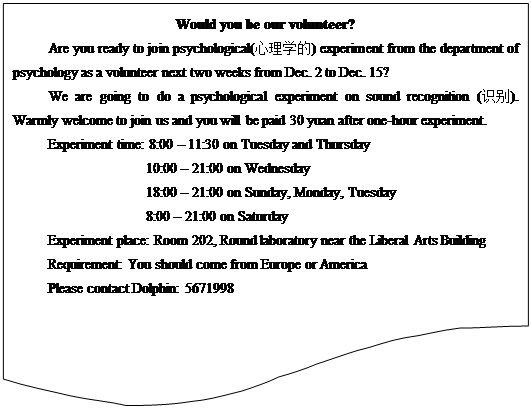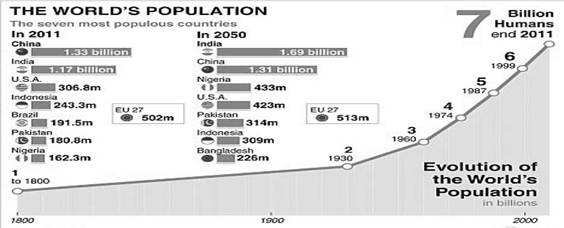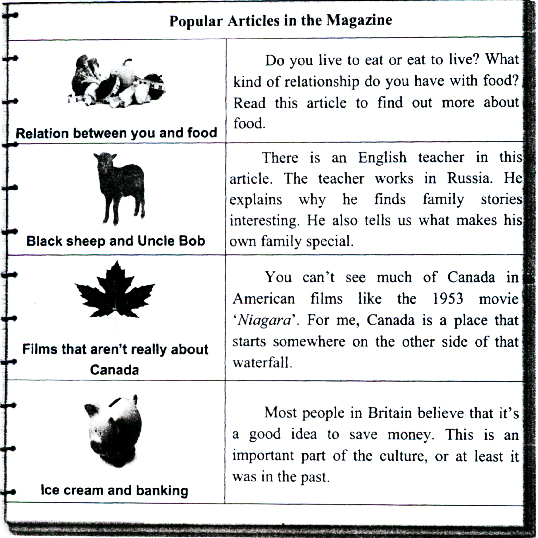
科目: 來源: 題型:閱讀理解
查看答案和解析>>
科目: 來源: 題型:閱讀理解
查看答案和解析>>
科目: 來源: 題型:閱讀理解

查看答案和解析>>
科目: 來源: 題型:閱讀理解

查看答案和解析>>
科目: 來源: 題型:閱讀理解
查看答案和解析>>
科目: 來源: 題型:閱讀理解
查看答案和解析>>
科目: 來源: 題型:閱讀理解
查看答案和解析>>
科目: 來源: 題型:閱讀理解

查看答案和解析>>
科目: 來源: 題型:閱讀理解
查看答案和解析>>
科目: 來源: 題型:閱讀理解
查看答案和解析>>
湖北省互聯(lián)網(wǎng)違法和不良信息舉報平臺 | 網(wǎng)上有害信息舉報專區(qū) | 電信詐騙舉報專區(qū) | 涉歷史虛無主義有害信息舉報專區(qū) | 涉企侵權(quán)舉報專區(qū)
違法和不良信息舉報電話:027-86699610 舉報郵箱:58377363@163.com